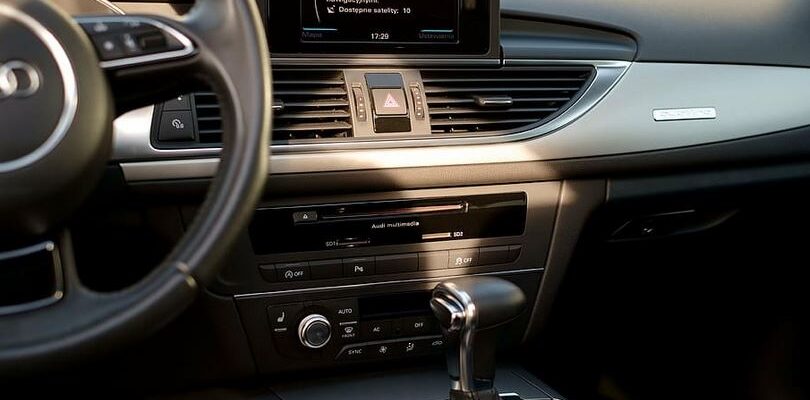Can That ‘New Car Smell’ Give You Cancer?
A new study published in the journal Environment International suggests that drivers might be inhaling dangerous amounts of carcinogenic particles when breathing in that new car smell.
The materials used to build the inside of a car, including plastics, industrial glues, foams, and textiles are drenched in various chemicals. As these parts come into contact with air, some of those chemical particles start separating from the materials, according to ScienceAlert.
“These chemicals are very volatile, moving easily from plastics and textiles to the air that you breathe,” David Volz, the study’s co-author and a professor of environmental toxicology at the University of California Riverside, told EurekAlert.
When we breathe in these chemicals, our brain interprets them as pleasant scents. Unfortunately, they are anything but good for our bodies.
Some of the particles released from car materials include benzene and formaldehyde, which are both classified as carcinogenic compounds, meaning that they can cause cancer.
However, breathing in these chemicals in small doses will probably not do much damage.
It becomes a problem, for example, when you are stuck in traffic for hours during your commute. A car is a closed environment, which researchers say is ideal for these chemicals to start building up in dangerous levels.
According to the scientists’ calculations, benzene and formaldehyde levels can surpass a safe level after a 20-minute drive.
“Our study raises concerns about the potential risk associated with inhalation of benzene and formaldehyde for people who spend a significant amount of time in their vehicles,” the researchers said.
“[It is] an issue that is especially pertinent to traffic-congested areas where people have longer commutes,” they added.
The research team conducted the study in areas of heavy traffick: Los Angeles, San Diego, Orange, Santa Clara, and Alameda, all in California.
The researchers found that nine out of ten people in the areas they looked at have at least 30-minute commutes. This gives them a 10% chance of exceeding cancer risk from inhaling dangerous chemicals in their cars.
“Of course, there is a range of exposure that depends on how long you’re in the car, and how much of the compounds your car is emitting,” Aalekhya Reddam, the lead author and PhD student at the University of California Riverside said.
Reddam says there is a simple solution to eliminate this risk. Just crack open a window.
“At least with some air flow, you’d be diluting the concentration of these chemicals inside your car,” she said.
But a better solution, according to Reddam and Volz, is to use less hazardous materials in cars.
“There should be alternatives to these chemicals to achieve the same goals during vehicle manufacturing. If so, these should be used,” said Volz.








Is anyone here in a position to recommend Sexy Cop Outfits? Cheers xxx